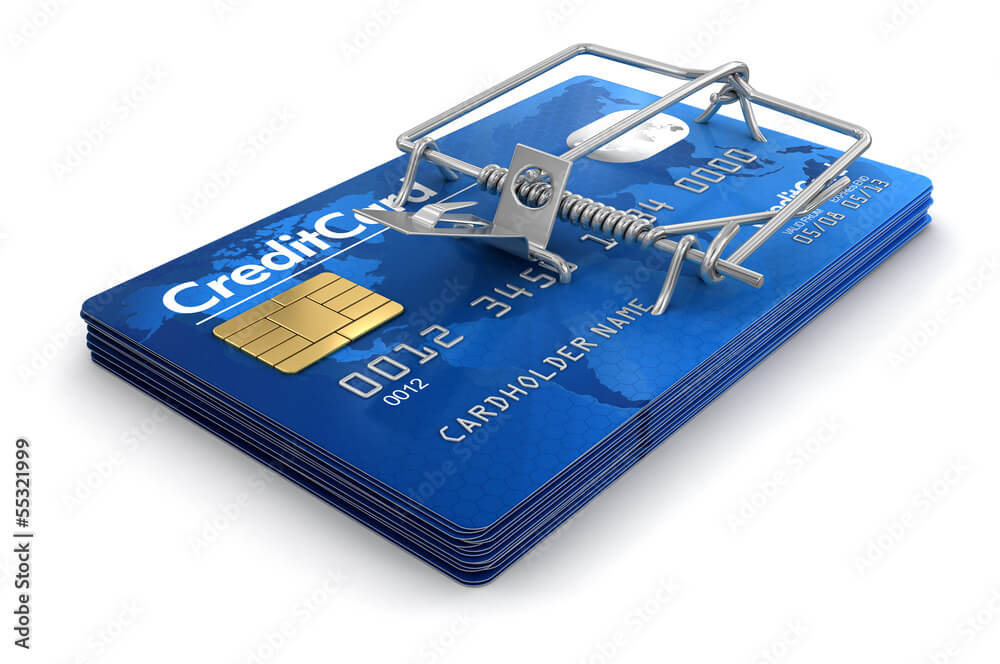If you’re like most people, your savings account is probably looking a little lean these days. You know you should be saving more money—you’ve read all the articles and listened to all the podcasts telling you to do so. But somehow, it never seems possible. After all, there are bills to pay and groceries to buy! How can you possibly save up some cash?
Well, if you follow these five habits consistently over time, then I promise: Saving will become second nature for you. In fact, if we all just did these things more often—I mean really committed ourselves—we’d be able to retire early or at least keep our heads above water during this economic downturn we’re currently in (and will likely stay in for years).
1. Pay yourself first.
The first step to saving money is to pay yourself first. That means depositing a certain amount of your paycheck into a separate savings account each time you get paid, so that it’s out of sight and out of mind until it’s time for you to use it.
To really get ahead with this habit, set up an automatic transfer from your checking account into the savings account on payday (or whenever else works best for you). This way, even if there aren’t enough funds in your checking account at the beginning of each month, they will be there by the end–and no one has seen where they went!
2. Make saving an automatic habit

It’s easier to save money if you don’t have to think about it each time you get paid. So, set up automatic transfers from your checking account into a savings account–just make sure it’s not one that pays interest! If you’re using a direct deposit or another app on your phone (such as Digit), this step is already taken care of for you.
3. Reduce spending on overhead expenses.
One of the easiest ways to save money is to reduce your monthly bills. Look for cheaper alternatives or ways in which you can cut costs, such as using free apps instead of paying for premium ones, buying generic brands instead of name brand items and getting rid of cable or satellite TV altogether (or at least cutting back on it).
4. Be careful with loans and credit cards.

Credit cards can be helpful, but they can also be dangerous if you don’t handle them properly. Here are some tips on how to use credit cards effectively:
- If you carry a balance on your card and pay only the minimum amount each month, that interest will add up quickly and make it harder for you to get out of debt. If this sounds like it describes you, try transferring some of that balance into an account with a lower interest rate (or no fees). You’ll save money in the long run!
- When choosing which credit card company(ies) to work with, look for one that offers rewards programs that align with what matters most to you–for example, if travel is important then consider getting one from American Express or Chase Sapphire Reserve Card; if foodies are more important then choose Capital One Savor Rewards NPSL Package . They all offer different perks so take time finding which best fits your needs before deciding which one(s) will work best based upon personal preferences such as reward points earned per dollar spent versus annual fee amount charged per year paid upfront versus ongoing costs associated with using each particular type/brand etcetera ad infinitum.”
5. Find creative sources of income and investment opportunities.

The fifth habit to create a sustainable savings plan is to find creative sources of income and investment opportunities. This can be a side hustle, or it can be a way to make money online. It also might be something you do on the side, such as selling your old books on Amazon or eBay. You could also try taking surveys in your spare time and getting paid for it!
Whatever the case may be, this is an important part of saving up because it gives you more options than just sticking with one job all day long.
With these five habits, you can save more money than ever before!
You’ve probably heard the expression “pay yourself first,” but do you really know what it means? Paying yourself first is a concept that can help you save more money than ever before. By paying yourself first, you are making sure that the money is taken out of your paycheck before anything else is spent on bills or other expenses. This way, there won’t be anything left over for those things after all of the bills have been paid off each month.
The best way to start implementing this habit into your life right now is by opening up an IRA account through an institution like Fidelity or Vanguard (or whatever works best for your situation). Then set up automatic deposits into this account as soon as possible so that they happen every payday without fail!
Final Words
We hope that you’ve found some inspiration and ideas for creating a sustainable savings plan in this article. Remember, it’s not about how much money you can save, but rather about building good habits that will help you reach your financial goals. So don’t be discouraged if at first it seems difficult–just keep at it!




